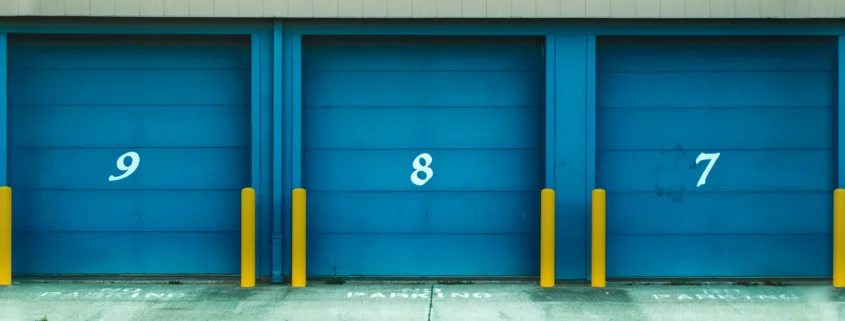Self-Storage Unit Laws in Pennsylvania
Self-storage units have become popular across Pennsylvania. Individuals and businesses use these spaces to store belongings, inventory and equipment. Whether you’re a renting a unit or a running a facility, there are certain rights and regulations to keep in mind. In this article, we’ll provide a quick overview of some of the key rights and regulations for tenants and owners in Pennsylvania.
The Pennsylvania Self-Service Storage Facility Act
Under Pennsylvania law, the Self-Service Storage Facility Act governs the relationship between owners and tenants of storage facilities. This law serves to outline the rights and responsibilities of both parties, and ensure the agreement is fair and reasonable.
Facility Owners
If you own a self-storage facility, it’s crucial to follow the Act when you draft your rental agreements (contracts). These contracts should clearly define terms like:
- Rental rates,
- Payment schedules, and
- Late fees.
Your contract must also include information on default provisions and lien rights. According to the Self-Service Storage Facility Act, you have the right to seize and sell tenants’ property to recover unpaid rent. You must follow a specified timeline and provide proper notice before seizing or selling any property.
In addition to contract requirements, as a facility owner, you are responsible for maintaining the premises. It should be safe and operable. The units must be structurally sound. There should be reasonable security measures, like surveillance cameras or gates. And you must keep the grounds free from hazards.
Lastly, you should familiarize yourself with Pennsylvania’s regulations on discrimination and tenant privacy. Under the law, tenants must be treated fairly regardless of race, gender, religion, or disability status. Moreover, you cannot access a tenant’s storage unit without permission, except in specific situations (like an emergency or suspected illegal activity).
Self-Storage Tenants
As a tenant of a self-storage unit, you have rights and responsibilities too. To start, be sure to carefully review any rental agreements before signing. This can help ensure that you understand your obligations under the agreement and avoid any legal complications down the road.
One of the most important pieces of an agreement to understand is the lien provision. According to Pennsylvania law, if you default on your payment, the owner of your self-storage facility has the right to place a lien on the contents of your storage unit. They are required to provide notice to you and to wait for a certain amount of time, but they can sell your property to recover unpaid rent. Take time to understand this timeline and the consequences of non-payment to avoid the loss of your belongings.
You should also be aware of your responsibility to maintain insurance for your stored items. Storage facilities are not responsible for any damage or theft of your property. Some exceptions may exist in the event of negligence on the part of the facility owner.
In Conclusion
Navigating the laws that govern self-storage facilities in Pennsylvania can be complex. With proper understanding, both tenants and owners can protect their rights.
Tenants should:
- carefully review their contracts,
- ensure timely payments, and
- understand the implications of the lien process.
Owners must:
- maintain their facilities,
- follow proper procedures for non-payment, and
- ensure they respect tenant privacy and non-discrimination laws.
At Cornerstone Law Firm, we are committed to helping both owners and tenants of self-storage facilities. If you have any questions or concerns regarding self-storage laws in Pennsylvania, we are here to help. Ensure your interests are protected. Call us today to schedule a consultation.



